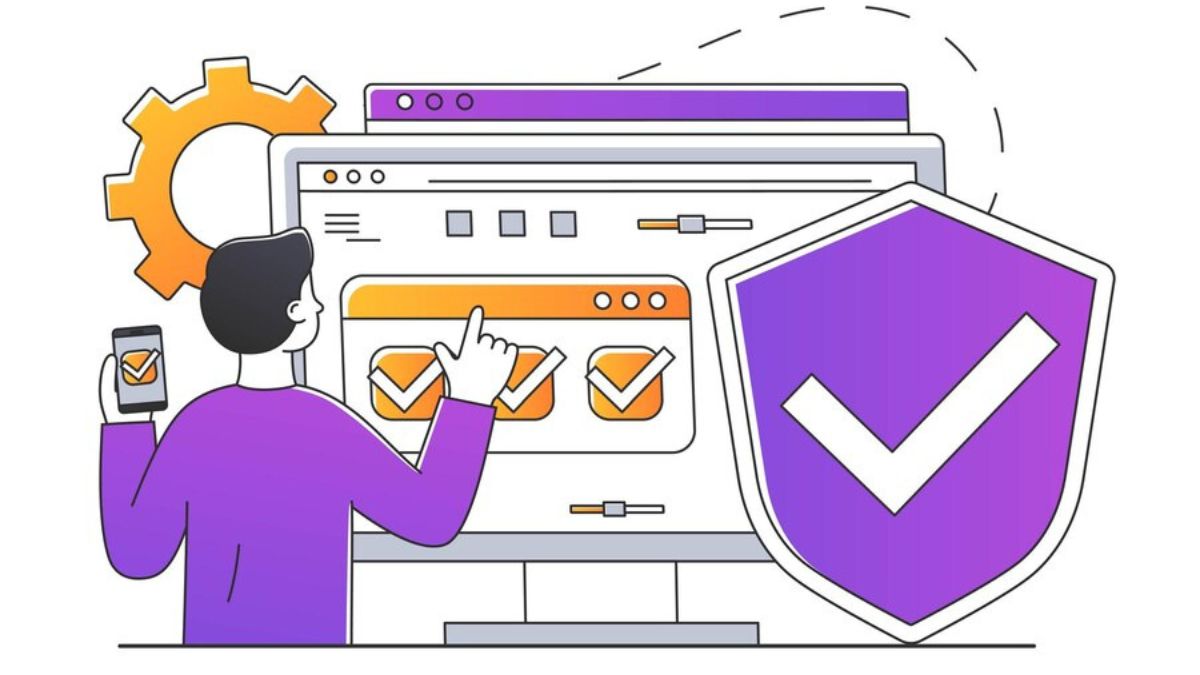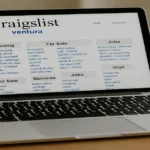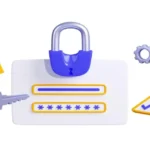In today’s digital age, websites serve as the primary interface between businesses and their customers. As the internet becomes an increasingly essential part of daily life, it’s crucial that websites are accessible to everyone, including individuals with disabilities. This is where Web Content Accessibility Guidelines (WCAG) come into play. Remember, if you want to find out more about website accessibility testing, you can by visiting Recite Me.
Understanding WCAG
WCAG, developed by the World Wide Web Consortium (W3C), is a set of guidelines designed to ensure that web content is accessible to a wide range of people with disabilities, including those with visual, auditory, cognitive, and motor impairments. These guidelines provide a framework for creating websites that are not only functional but also inclusive, accommodating diverse users with different abilities.
Legal Compliance
One of the most compelling reasons for website owners to check for WCAG compliance is legal requirements. Many countries have enacted laws and regulations that mandate accessibility for websites. In the United States, for instance, the Americans with Disabilities Act (ADA) and Section 508 of the Rehabilitation Act require federal agencies and organizations receiving federal funding to ensure their digital content is accessible to people with disabilities.
Failure to comply with these laws can result in lawsuits, fines, and damage to your reputation. Therefore, ensuring WCAG compliance is not just a moral obligation but also a legal one.
Expanding Your Audience
Making your website accessible to everyone means opening your digital doors to a broader audience. There are millions of people worldwide who have disabilities, and they represent a significant portion of potential customers. By adhering to WCAG guidelines, you can tap into this underserved market, potentially increasing your user base and revenue.
Enhanced User Experience
Accessibility isn’t just about ticking off boxes; it’s about providing a better user experience for all your visitors. Many of the design principles and best practices outlined in WCAG can benefit everyone. For example, optimizing your website for screen readers can also improve navigation for users on mobile devices.
Improved SEO
Search engines value user-friendly websites. By implementing WCAG-compliant practices, you’re likely to improve your website’s search engine rankings. Google, for instance, has algorithms that favor websites with accessible content, as it aligns with their goal of delivering high-quality results to all users.
Protecting Your Brand Reputation
In today’s interconnected world, news about inaccessible websites spreads quickly. Social media can amplify complaints about a website’s lack of accessibility, potentially harming your brand’s reputation. On the flip side, demonstrating a commitment to accessibility can enhance your brand image, showing that you care about inclusivity and customer satisfaction.
Staying Ahead of the Curve
As digital technology continues to evolve, accessibility will become an even more significant consideration. By proactively checking your website for WCAG compliance, you’re future-proofing your online presence. You’ll be prepared for any upcoming changes in regulations and standards, ensuring that your website remains accessible to all users.
Make your Website WCAG Compliant and Accessible today
Ensuring WCAG compliance for your website is not just a legal requirement; it’s a moral and business imperative. By making your website accessible, you expand your audience, improve user experience, enhance your SEO, protect your brand reputation, and stay ahead of the curve in an increasingly digital world. You can find out more about the latest WCAG 2.2 Guidelines here.
As website owners, we have a responsibility to create a digital landscape that is welcoming and inclusive for everyone. Checking your website for WCAG compliance is a crucial step towards achieving that goal, benefiting both your organization and the users who rely on your online content.
READ ALSO: 5 Reasons Why Outsourcing Backlinks Can Boost Your Website’s SEO











